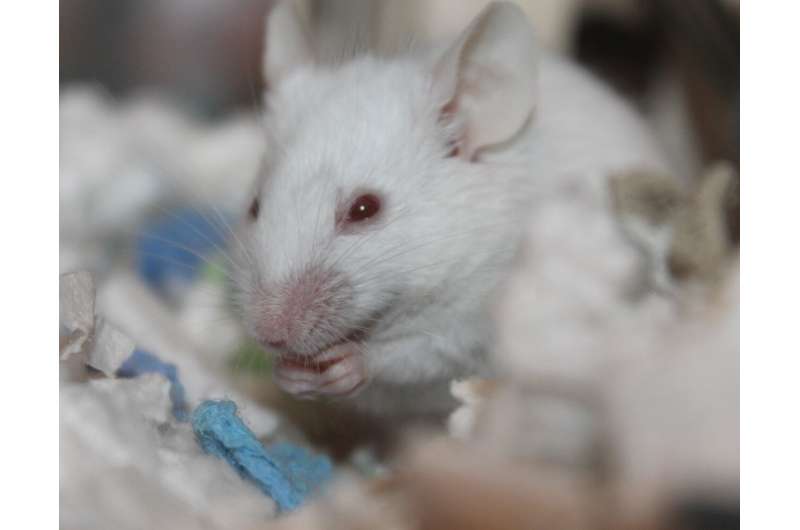Scientists develop a novel virus-like particle vaccine that protects animals against COVID-19 infections

University of Minnesota researchers have developed a novel virus-like particle vaccine against COVID-19. Having been successfully tested in animals, the novel vaccine—created as part of a study whose findings were recently published in the scientific journal PLOS Pathogens—offers a new approach in the global battle against COVID-19 and its emerging variants.
The researchers combined the advantages of the two types of traditional vaccines—virus-based vaccines and protein-based vaccines—by preparing a bacterial protein that self-assembles into a virus-like particle. By displaying a COVID-19 protein on the surface of this virus-like particle, researchers produced a novel vaccine that is well recognized by the mammalian immune system, but yet does not have any viral infectivity.
Findings
- Compared to the protein vaccine alone, the novel vaccine induced much stronger immune responses in animals.
- The novel vaccine was highly effective against COVID-19 variants.
- Testing showed that the novel vaccine effectively protects mice against COVID-19 infections.
Leading the research is Fang Li, Ph.D., a professor in the department of Veterinary and Biomedical Sciences, in collaboration with Marc Jenkins Ph.D., a professor in the department of Microbiology and Immunology. Graduate student Qibin Geng contributed to the design and development of the vaccine. Researchers from New York Blood Center and University of North Carolina contributed to the characterization and testing of the vaccine.
Source: Read Full Article


